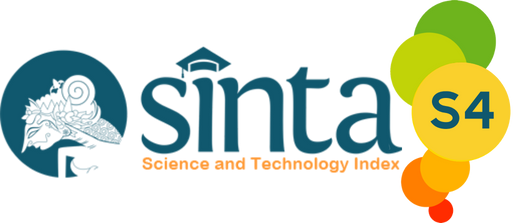Development of Contextualised Numeracy Test Items for the Minimum Competency Assessment for Senior High School Students in Bengkulu
DOI:
https://doi.org/10.33369/ijier.v4i1.40977Abstract
The competency outcomes of Indonesian secondary school students, as measured by the Minimum Competency Assessment (AKM) over the past three years, remain suboptimal, particularly in mathematical proficiency. National data from 2023 indicate that less than 50% of students have achieved mastery in mathematical literacy, highlighting the need for improvements in classroom teaching and learning. A key factor in enhancing AKM implementation is the provision of practice test items, which necessitates that teachers develop the ability to design AKM-style questions to familiarise students with problem-solving strategies. This study aims to develop valid and reliable AKM-Numeracy reasoning test items, contextualised to Bengkulu for senior high school students, and to assess their impact on learning outcomes. Employing a development research approach, the study utilised the two-stage Tessmer model, comprising a preliminary stage and a formative evaluation stage that included self-evaluation, prototyping (expert reviews), and a field test. The large-scale trial involved students from three Senior High Schools or Madrasah Aliyah in Bengkulu City. Findings indicate that the contextualized AKM-Numeracy test items meet validity criteria based on expert evaluations and have the potential to enhance students' mathematical literacy skills. Student responses were highly favourable, suggesting that the incorporation of local contexts contributes to improved engagement with the test items contextualized.
Keywords: Minimum Competency Assessment Numeracy (AKM-Numeracy), Development Research, Bengkulu Context, Test Items
Downloads
Published
How to Cite
Issue
Section
License

This work is licensed under a Creative Commons Attribution-ShareAlike 4.0 International License.

Ciptaan disebarluaskan di bawah Lisensi Creative Commons Atribusi-BerbagiSerupa 4.0 Internasional.








